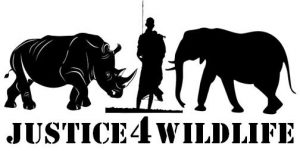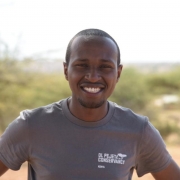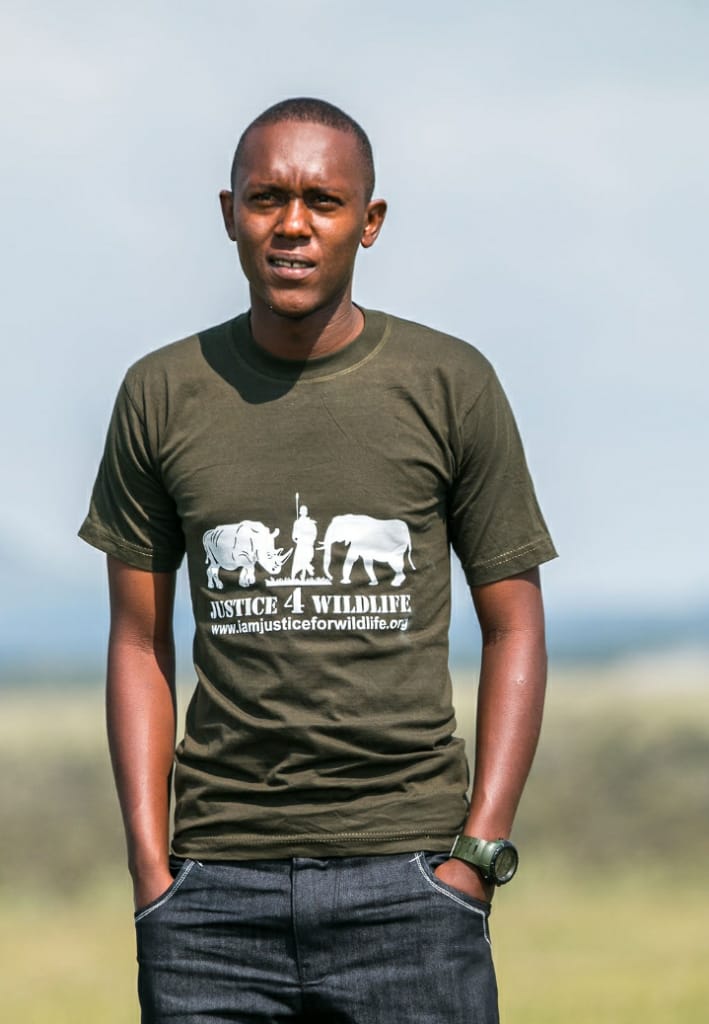Impact of Corona Virus Pandemic (COVID-19) On Community Conservation.
Case study: Ol Pejeta Conservancy.
The impact of coronavirus (COVID-19), which has been characterized as a pandemic by the World Health Organization (WHO), is being felt across the world and conservation projects are no different. The way a pandemic works is much like natural catastrophes. Its true impact is not just in what it does directly, such as an earthquake destroying people’s homes, buildings and more. It is the tradeoffs that come with it on community livelihoods.
It’s important to understand, what it brings both on the positive and negative side into our environment. A positive note is that, according to China’s Ministry of Ecology and Environment, data recorded between January and March 2020 reflects an 84.5% increase of good air quality in 337 cities and satellite data from the United States National Aeronautics and Space Administration shows a decline in nitrogen dioxide over China and Europe. On this end, the environment seems to be also enjoying the break from us and the ecological footprints we leave.
On the flip side, the emergence of COVID-19 has negatively underscored the mutually-affective relationship between people and nature whereby humans are continually pushing natural resources limits in a bid to sustain themselves as we fight the pandemic. Now with this comes the main question is, what about Our Wildlife? What about our Communities? How will them fair- the answer is not well at all. Kenya’s Unique heritage, from the beautiful landscapes, the natural wonders and the diverse communities living around these protected areas – every effort, time and money invested in all this may go down the groove if swift actions are not taken.
Currently, Kenya’s community conservation efforts are to a great extent supported through tourism income. In light of the measures put in place, such as travel bans, lockdowns all that are geared towards flattening the infection curve, there has been minimal or no income generated from tourism or other sources.
Looking at Ol Pejeta Conservancy, which is one of the major tourist destinations in the country for both domestic and international tourists, there has been a little to no activities on tourism, as a result, curtailing any efforts towards community conservation. Over the past years, Ol Pejeta Conservancy been on the forefront in ensuring it supports the people living around its borders, through wildlife conservation which in turn translates to better education, healthcare and infrastructure for the next generation of wildlife guardians.
However, the current pandemic has directly translated to low income and this greatly threatens to water down all these efforts as the funds that would have gone to community projects are no longer available.
Communities living around the conservancy, mainly range between middle to low-income earners, as such most them live from hand to mouth. Additionally, poverty, water scarcity and inequalities among the communities are majorly prevalent. These communities have for long benefited from the conservancies initiatives mainly on training on adopting climate-smart agricultural practices, education on sustainable conservation practices as the conservancy tries to help communities understand and practice conservation.
Currently, communities seem to be slowly going back to unsustainable ways such as charcoal burning, deforestation, as they also try to adapt to the harsh economic changes in the country coupled with ensuring they are safe from the virus. This fight is not as easy as in the end, people need to meet their basic amenities to survive. How will they now adapt? – The short answer is, they will turn to the local natural resources which in turn be overexploited as the communities strive to cope with the harsh times.
These are extraordinary, challenging times where every person will instinctively do anything for survival, nonetheless this unprecedented turn of events, bring with them the risk of losing more than a decade’s worth of effort towards imparting positive change on our environment, through community conservation.
Conclusively, as a society, it’s our duty as we all play a role in this environment to draw on the collective wisdom and determine the next steps in the challenges we face today.
About the author
Steve is a dedicated conservationist, currently working at Ol Pejeta Conservancy an education officer working closely with about 22 communities adjacent to the conservancy.
Follow him on social media;
Instagram- mwangi_gachagua https://www.instagram.com/mwangi_gachagua/
Facebook – Mwangi Gachagua https://www.facebook.com/M.Gachagua
“For most of history, man has had to fight nature to survive. In this century he has to realize that in order to survive he has to protect it.” Jacques-Yves Cousteau Here we celebrate the unsung wildlife heroes in the grassroots doing remarkable work to conserve our wildlife heritage, Get to learn about wildlife from a ranger/ ecologist in Kenya a freelance eco-traveler, experience the diverse cultures and African heritage from the natives and take an adventure to new destinations to learn about rare attractions that are hardly talked about and to top it all up some of the best wildlife photographs that will make you reconnect to your wild side appreciate everything around us and fall in love with the natural world, because “It is not enough to love the natural world; the point is to defend and preserve it.” Edward Abbey
Our wildlife, our responsibility. When it comes to standing up for our wildlife it’s better to be outspoken than unspoken.


